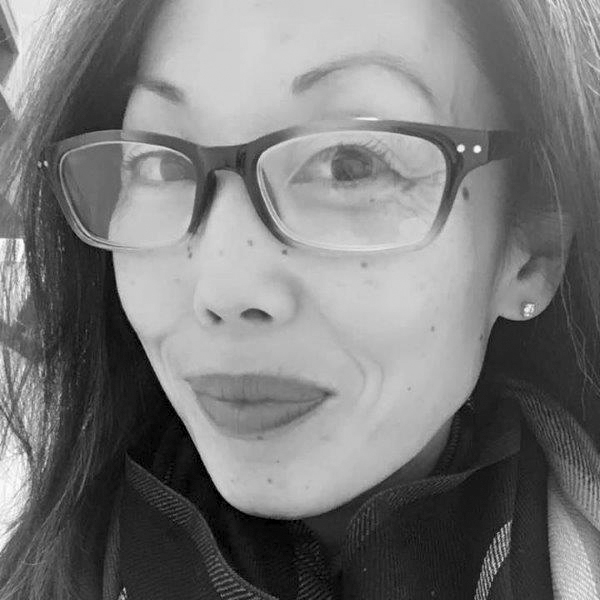“I am interested in approaching meditation as a skillful means to heal bodily alienation and effects of racism through practices that clearly acknowledge the bodily anxiety and stress that accrues from multiple obstacles to a positive sense of self,” said the newly appointed Pigott McCone chair, Sharon Suh.
On Nov. 3, Religion and Theology professor Sharon Suh was officially installed by University President Fr. Stephen Sundborg, S.J., as the Theiline Pigott McCone Chair in Humanities.
Sundborg said during Suh’s installment that the chairperson is “dedicated to promoting scholarly life among faculty.” In other words, they provide faculty with an environment in which they are supported in producing research and creative works.
Sundborg chooses this award to highlight faculty within the College of Arts and Sciences who have shown exceptional scholastic commitment and contribution in the humanities. Suh was chosen for her outstanding scholarly record and her topic of mindfulness as a component of social justice is current in many disciplines.
In addition to her academic contributions, Suh also served as the Religion and Theology Department Chair.
“Dr. Suh is a very good chair who listens to her faculty, and as a result they all collaborate very well,” said department administrative assistant Lauren St. Pierre.
The reason this chair exists is because “The additional support provided by the Pigott-McCone Endowed Chair helps [the faculty] to contribute to their disciplines in even more significant ways than would be possible with the standard resources available to faculty,” said. Sundborg. “It is a means of helping clearly accomplished faculty members achieve even more of their great potential.”
In an email statement to the Spectator, Suh expressed her gratitude for the university’s award.
“It is such an honor for me to hold the Pigott McCone Chair because it is one that highlights the significance of the humanities in the scholarly life, gives the academic life its proper due, and also allows me to promote the scholarly life of the College of Arts and Sciences and larger university through a series of workshops and symposia on mindfulness as social justice praxis that reflect our commitments to the mission of Seattle University,” Suh said.
I have intentionally focused my research, teaching, and service at Seattle University on minoritized communities with the dual approach of addressing the causes of social inequality and offering a more expansive vision of human flourishing in and through the context of religion.
-Sharon Suh
Suh will hold this occupation for two years, starting in July. During her time in this position, she will be execute a series of workshops centered around the theme of “Occupy This Body: Meditation as Political and Recuperative Strategy,” a concept Suh explores in her upcoming book.
“I chose the topic, ‘Occupy This Body: Meditation as Political Recuperative Strategy’… to examine mindfulness and meditation as social justice praxis and reparative political strategies for survival in the face of multiple intersecting forms of disempowerment,” Suh said. “In today’s political climate, it is important for us to examine how contemplative practices can be deployed to counteract the damaging effects of multiple intersecting forms of oppression.”
Suh was inspired to research the field of reparative meditation after a class she taught on Socially Engaged Buddhism, in which many of her students “were searching for ways to connect contemplative practice not only to stress relief but more specifically to learning how to settle into their own bodies as intersectional individuals,” Suh said.
Through her scholastic work, Suh began to approach meditation as a way to heal the damaging impacts of racism. She calls this a “reparative, recuperative, political strategy for survival.”
Suh received her Doctorate in Religion from Harvard University, and focuses her research on Buddhism and its relationship to the humanities.
“As a scholar and teacher of Buddhism, my research and teaching explores the intersections of religion, race, gender, and sexuality with the aim of revealing multiple overlapping forms of inequality and injustice,” Suh said. “In so doing, I have intentionally focused my research, teaching, and service at Seattle University on minoritized communities with the dual approach of addressing the causes of social inequality and offering a more expansive vision of human flourishing in and through the context of religion.”
The first portion of Suh’s three-part workshop series will be Wednesday, Nov. 9, featuring Seattle Insight Meditation teacher Tuere Sala. More details about Suh’s upcoming workshop series and meditative retreat can be found on the Seattle U website.
Madeline may be reached at
mmesa@su-spectator.com









